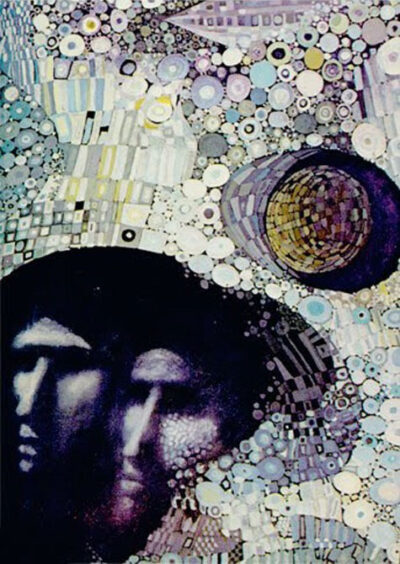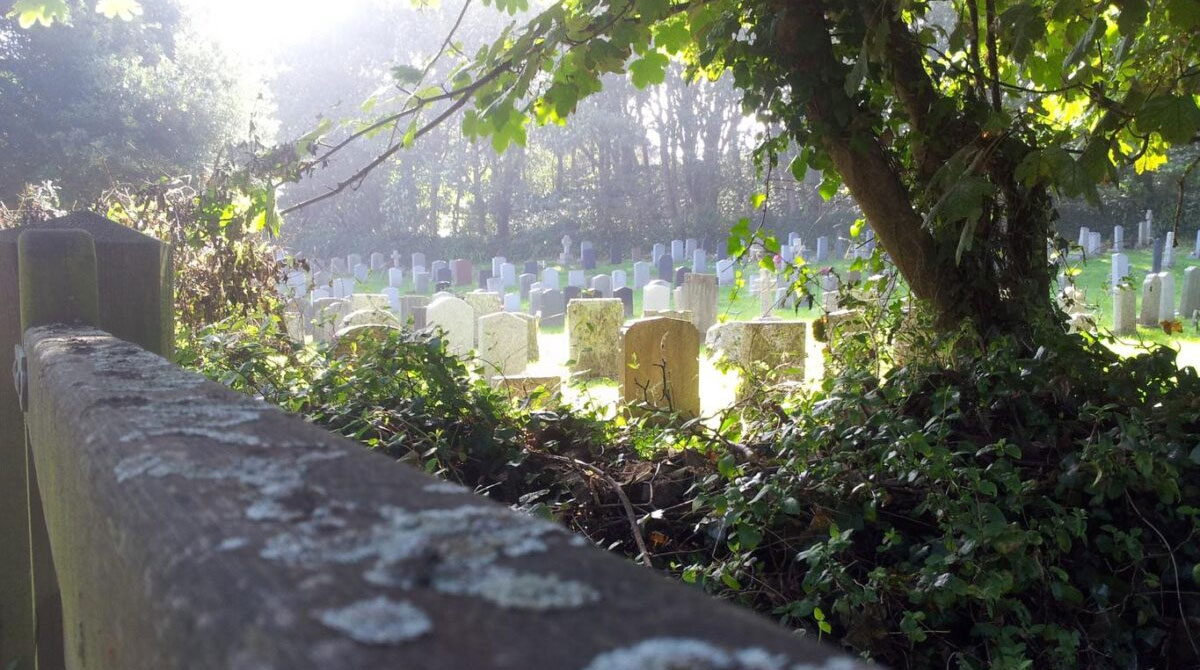Ursula K. Le Guin & Learning How to Read
I first read The Left Hand of Darkness in Middle School. I guess I was twelve or maybe thirteen. I didn’t understand it.
Let me be clear, I enjoyed the novel – quite a bit actually – and I understood very well that there was something more to the story, something I was missing, I just didn’t have the maturity to fully grasp what that something was.
I didn’t yet know how to read.
 The Left Hand of Darkness is a speculative fiction novel by Ursula K. Le Guin. Published in 1969 the plot revolves around a visitor to an alien planet where gender is irrelevant. Anyone who exhibits a preference to a gender – either male or female – is considered a rebel, a deviant, a pervert. It is a novel that deals with sexuality and identity, religion and freedom, loyalty and betrayal. And it deals with these subjects in ways that only science fiction can with metaphor and allegory clothed in guise of a different species and a different culture. The novel has been and continues to be incredibly influential in the genre and has been the spark for deep, often profound discussions and examination. Although at the time I simply saw it as an adventure. I only read the surface story.
The Left Hand of Darkness is a speculative fiction novel by Ursula K. Le Guin. Published in 1969 the plot revolves around a visitor to an alien planet where gender is irrelevant. Anyone who exhibits a preference to a gender – either male or female – is considered a rebel, a deviant, a pervert. It is a novel that deals with sexuality and identity, religion and freedom, loyalty and betrayal. And it deals with these subjects in ways that only science fiction can with metaphor and allegory clothed in guise of a different species and a different culture. The novel has been and continues to be incredibly influential in the genre and has been the spark for deep, often profound discussions and examination. Although at the time I simply saw it as an adventure. I only read the surface story.
I suppose this isn’t uncommon. I didn’t need to read the deeper meaning in the story to enjoy it. Le Guin has an engaging, casual style of writing that you can easily digest and get swept away in. Her storytelling is intricate but approachable. She is able to build worlds of great detail without it feeling like work to understand them. In that way I was able to become engrossed in the story of The Left Hand of Darkness and enjoy it as a simple straight forward adventure.
But I knew – I knew – there was an element I was missing. There was a part of the story I didn’t quite get. And because I understood that I began to read more deliberately, carefully and with purpose. Maybe I didn’t fully comprehend the implications of the story, but I was trying to.
I was learning to read.
This was at a time when I was a voracious reader of science fiction and fantasy. I wanted to get my hands on anything remotely speculative or otherworldly – especially the classics. HG Welles, Jules Verne, Frank Herbert, JRR Tolkien, etc. Anything that was in the genre I devoured it. But as I said I read these as pure adventure tales. At this time I would often ask my school librarian for recommendations – and one day she gave me The Left Hand of Darkness. I’ve no idea if she thought I would “get it” or not, but I am profoundly grateful that she did. I am also profoundly grateful to Ursula K. Le Guin for in a way teaching me how to read.
In time I would apply that type of reading – deeper with attention to detail – to all novels, to all authors. Later when I was in college I re-read The Left Hand of Darkness and the themes seemed obvious. I shook my head and though how silly I was for not getting it the first time around. But then at this point I knew how to read.
Ursula K. Le Guin died about a month ago as I write this. When I heard the news of her passing I felt a twinge of sadness. This was a woman I never met, never saw in person, never spoke to – although she spoke to me many times over the years – yet I feel a great loss now that she is gone. Her writing meant a lot to me, more than just a great tale it taught me something fundamental about reading and the craft of writing.
There have been many authors and artists over the years that have spoken to me, that have taught me things, and changed my way of thinking. But Le Guinn stands out. She showed me I needed to know more, she told me I was missing something and I needed to think about things more closely. And she did it while entertaining me. I am a better reader for it.
I just wish I could have said thank you.












Likhon chowdhury says:
Conor says:
Andy Garcia says: